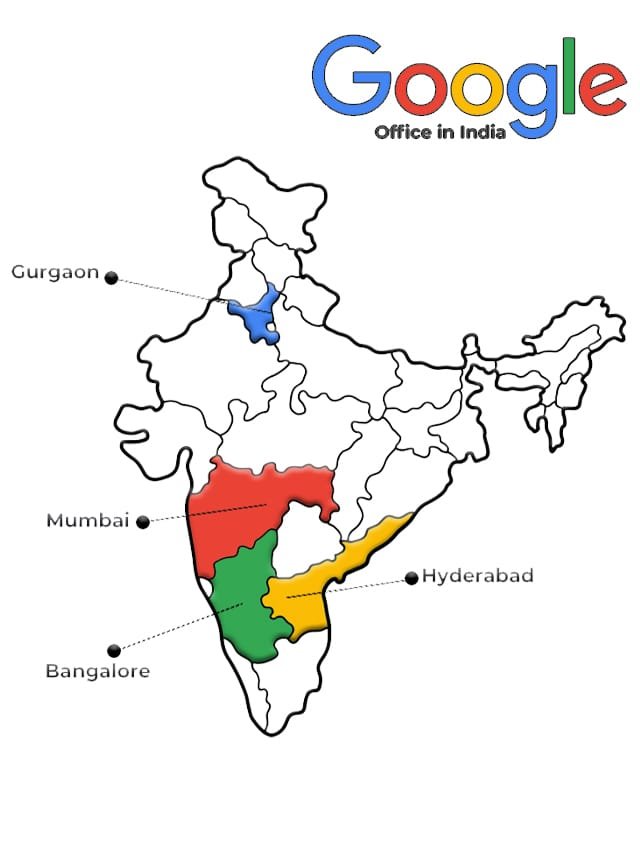Are you eager to learn Java in 2025? Perhaps you’re considering a career in programming or looking to enhance your existing skills. Whatever your motivation, mastering Java is a valuable asset in today’s tech-driven world. But with the vast resources available online and offline, how do you ensure that your learning journey is effective and enjoyable?
- 1. Set Clear Goals
- 2. Understand the Basics of Java
- 3. Utilize Online Learning Platforms
- 4. Practice Coding Regularly
- 5. Build Real Projects
- 6. Join Java Communities
- 7. Stay Updated with Java Trends
- 8. Master Java Frameworks and Tools
- 9. Leverage Online Resources and Books
- 10. Be Patient and Persistent
- Conclusion
In this article, we’ll provide 10 essential tips for learning Java in 2025. Whether you’re a beginner or an experienced programmer looking to refine your skills, these tips will guide you on your path to mastering Java.
1. Set Clear Goals
Before diving into Java, it’s crucial to set clear, achievable goals. Ask yourself:
- What do I want to accomplish by learning Java?
- Do I want to build applications, websites, or mobile apps?
- Am I preparing for a specific job or project?
Having specific objectives will help you focus your efforts and maintain motivation throughout your learning journey. For instance, if your goal is to develop Android applications, you can prioritize relevant Java topics.
2. Understand the Basics of Java
A solid understanding of the basics is essential for success in programming in Java. Start by familiarizing yourself with core concepts such as:
- Data types (int, float, char, etc.)
- Control structures (if statements, loops, etc.)
- Object-oriented programming principles (encapsulation, inheritance, polymorphism)
Taking the time to grasp these foundational concepts will make it easier to tackle more advanced topics later on.
3. Utilize Online Learning Platforms
In 2025, countless online resources make learning Java accessible and engaging. Platforms like Coursera, Udacity, and Codecademy offer structured courses that can help you learn at your own pace. Look for courses that include:
- Video lectures
- Interactive coding exercises
- Quizzes and assessments
Many of these platforms also offer certificates upon completion, which can boost your resume.
Recommended Courses
| Platform | Course Title | Duration |
|---|---|---|
| Coursera | Java Programming and Software Engineering Fundamentals | 4 weeks |
| Udacity | Java Developer Nanodegree | 6 months |
| Codecademy | Learn Java | 25 hours |
4. Practice Coding Regularly
To truly learn Java in 2025, consistent practice is vital. Aim to write code daily, even if it’s just for a short period. Use online coding platforms like LeetCode or HackerRank to work on exercises and challenges.
By practicing regularly, you’ll not only reinforce what you’ve learned but also improve your problem-solving skills. Remember, coding is a skill that improves with time and practice!
5. Build Real Projects
One of the best ways to solidify your Java knowledge is by working on real-world projects. This could be anything from a simple calculator application to a more complex web application. Here are a few project ideas to get you started:
- Personal Budget Tracker: A desktop or web app to manage personal finances.
- Todo List App: A simple task manager to keep track of daily tasks.
- Weather Application: An app that fetches weather data from an API.
Building projects not only enhances your Java coding skills but also helps you develop a portfolio to showcase to potential employers.
6. Join Java Communities
Learning Java can sometimes feel overwhelming, but you don’t have to do it alone! Joining communities and forums can provide valuable support and resources. Here are some popular places to connect with other learners and experienced developers:
- Stack Overflow: A Q&A platform where you can ask questions and get answers from experienced programmers.
- Reddit: Subreddits like r/Java offer discussions, resources, and tips.
- GitHub: Collaborate on projects and explore code repositories.
Being part of a community can help you stay motivated and provide insight into industry trends and best practices.
7. Stay Updated with Java Trends
Java is constantly evolving, with new updates and frameworks emerging regularly. In 2025, staying updated with the latest trends will be essential. Follow influential Java blogs, YouTube channels, and podcasts to keep your knowledge fresh.
Some popular resources include:
- Java Magazine: A publication that covers the latest trends and topics in Java development.
- Java Brains (YouTube): A channel with tutorials on Java and related technologies.
- Java Posse (Podcast): A podcast featuring discussions about Java and software development.
8. Master Java Frameworks and Tools
As you become more comfortable with Java, consider learning popular frameworks and tools that can enhance your programming skills. Some essential frameworks to explore include:
- Spring: A powerful framework for building enterprise-level applications.
- Hibernate: An ORM (Object-Relational Mapping) tool for database management.
- JavaFX: A framework for building rich desktop applications.
Familiarizing yourself with these tools will not only make you a more versatile programmer but also open up job opportunities in various domains.
9. Leverage Online Resources and Books
In addition to courses, many excellent books and online resources can help you learn Java effectively. Here are a few recommended books:
- “Effective Java” by Joshua Bloch: A comprehensive guide that offers best practices and techniques.
- “Java: The Complete Reference” by Herbert Schildt: A thorough resource covering all aspects of Java programming.
- “Head First Java” by Kathy Sierra and Bert Bates: An engaging book designed for beginners.
Online tutorials, blogs, and forums can also provide insights into common challenges and solutions, helping you navigate your learning process more smoothly.
10. Be Patient and Persistent
Learning Java, like any programming language, takes time and effort. Don’t be discouraged by initial difficulties or mistakes. Remember, persistence is key to success! Celebrate your small achievements along the way and keep pushing yourself to improve.
READ MORE : WordPress Guide: 10 Tricks to Optimize Your Site
READ MORE : NET Tips: 10 Steps to Master Programming
FAQ: Learning Java in 2025
Q1: Is Java still relevant in 2025?
A1: Yes, Java remains one of the most popular programming languages, widely used in enterprise applications, mobile development, and web services.
Q2: How long does it take to learn Java?
A2: The time it takes to learn Java varies by individual. With regular practice and dedication, you can gain a solid understanding in a few months.
Q3: What resources are best for beginners?
A3: Online courses, tutorials, and books are excellent resources for beginners. Look for structured learning paths that gradually introduce concepts.
Q4: Can I learn Java without a computer science background?
A4: Absolutely! Many successful Java developers come from diverse backgrounds. The key is to stay dedicated and practice consistently.
Conclusion
In conclusion, learning Java in 2025 can be an exciting and rewarding journey. By following these 10 tips, you can enhance your skills and increase your marketability in the tech industry. Remember to set clear goals, practice regularly, and engage with the programming community.
We hope you find these tips helpful in your journey to mastering Java! Thank you for reading, and don’t forget to join CourseBhai through our social media channels, push notifications, and newsletters for instant updates on learning resources and career opportunities. Happy coding












